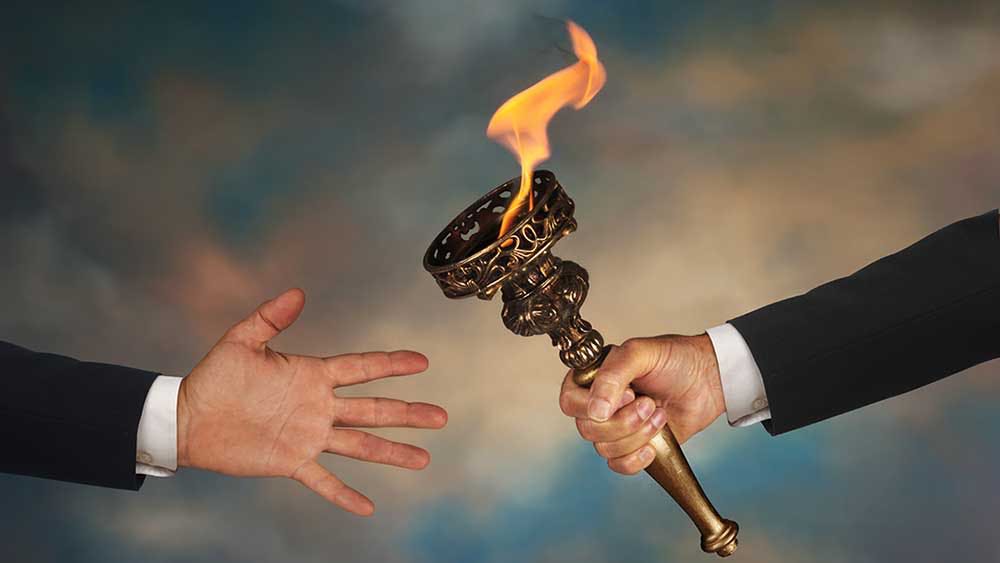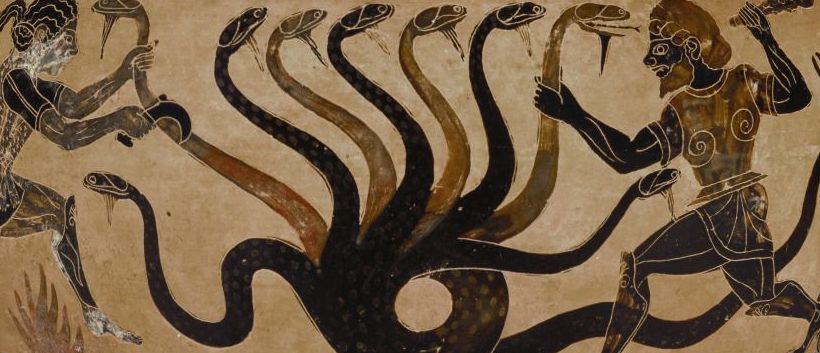Leviathan is hazardous to our health.
Finance Means Betting on People—Not Numbers

To Restore True Wealth Creation We Must Believe In People.
David Graeber has written a persuasive critique of the way mainstream economics treats money. His “credit theory of money,” which holds that all money is credit, is interesting.
But he stops short of the true nature of money. Graeber describes how credit is created by banks, but—contrary to his implication—banks do not simply create credit out of thin air. Credit is fundamentally a human creation.
Live Credit Vs Dead Credit
Credit can feel cold, numbers-driven, and even inhuman, epitomized by scores or ratings agencies—and an utter lack of imagination. This is credit severed from entrepreneurial judgment, granted solely on the basis of calculation. I call this dead credit.
Credit must extend beyond this. Finance at its heart is about betting on people. Live credit is the basis on which these bets are made.
This often gets lost behind layers of financial intermediaries. These often present themselves as “institutional,” governed by rigorous analysis and procedures that let them carefully measure and control risk. Such rigor is critical to the financial system and the prudent creation of credit. But this rigor fails—both to stimulate wealth creation and even to control risk—when it becomes detached from the ultimate aim of allocating credit to people who will use it to create more wealth.
The best bets are not those whose outcomes are universally clear. They do not give credit to people who do not need it—to those who have ample money and few ideas to use it on. Though such investments may be safe, they generate little return on investment because they don’t produce more wealth than they start out with—in asset management-speak, there is zero alpha in their origination. In an economy where these investments predominate, real returns will approach zero.
The best bets are themselves entrepreneurial judgments. They are bets on other people whose entrepreneurial potential—and ability to use credit to create wealth—is underappreciated by the market. Such bets are the heart of true wealth (and information) creation in finance. They can drive enormous economic growth.
These bets are not always made by people with “financial” titles. Often they come from prominent entrepreneurs (such as Jeff Bezos) who are highly skilled at entrepreneurially allocating capital, and whose reputations and resources incentivize the less imaginative “financial” sector to give them enormous credit. These bets can come from small businessmen who have accumulated enough to risk their own money on new opportunities, funding it with credit granted against more established parts of their businesses. These bets can come from people who do not lend or invest any capital at all, but simply choose to accept a risk in contracting with someone else in anticipation of a profitable outcome. No matter the case, betting on people is at the heart of finance.
However, when financial allocators stop believing in people, finance becomes a zero-sum game. As people lose touch with the way wealth is created, they prioritize preserving—and often extracting—wealth.
Allocators look for “safe” investments insulated from the messy world of entrepreneurial risk-taking. Popular solutions include hard assets like real estate, passive models like index funds, and extreme diversification—which at least remove the onus on the allocator to make any entrepreneurial judgment. Best of all—for those looking to save—is anything with a government guarantee.
There are exceptions to this trend. The financial system, for example, continues to pour capital into Silicon Valley—in many ways the epitome of a bet on people. Yet even here a large share of capital goes into copycat ideas, zero-sum battles, or financial businesses with a thin tech veneer. Allocators throw ever-more capital at a few hot founders and startups, but fail to extend this recognition of human potential beyond the elite in Silicon Valley and a few similar hubs.
I see untapped potential throughout society, and I see an opportunity to unlock this potential by effectively creating and distributing credit far more broadly. This is a deeply human pursuit, centered on understanding and betting on a person’s potential. Even small bets can have a multiplier effect as third parties recognize the opportunity—both in the subject of the original bet and in others similarly situated—and in turn extend credit. Such bets can unlock enormous entrepreneurial output from the people they empower and lead to far greater growth, innovation, and prosperity in the world.
To Restore True Wealth, We Must Believe In People
Returning to Graeber, many of the credit bets I describe go beyond those by banks that directly create money. But they all feed into the broader demand for credit—the opportunity to risk money for a greater future reward—and thus the ultimate basis on which banks can create money in a way that increases true wealth.
Arguably, the reason true money creation has stagnated even as central banks have pumped money into the economy is not simply that banks haven’t been lending; it’s that the entire infrastructure for distributing credit risk has atrophied as allocators have stopped believing in people. Without a belief in people, credit dies, and dead credit is ultimately unable to drive any real growth.
Graeber elsewhere builds on his credit theory of money to support modern monetary theory, the idea that government itself can create money to fund a vast range of needs and wants. But this misses the point of what credit truly is—an entrepreneurial bet by a person on another person, reflecting a belief that the recipient will return more in the future.
Modern monetary theory replaces this considered judgment about the likelihood of repayment with the boundless spending desires of politicians. And we know what happens when we allow the boundless desires of politicians to become the basis of credit creation. Such credit may drive vast increases in the money supply, but in contrast with the live credit that drives wealth creation, the impact of this credit will be dangerously unpredictable.
In a world that has trended too far toward dead credit, the solution is not to layer the unconstrained spending decisions of politicians and bureaucrats on the unimaginative decisions of financial allocators. Rather, it is to rekindle our belief in people, and to build a financial—and human—infrastructure capable of making the bets on people that underlie live credit.
The American Mind presents a range of perspectives. Views are writers’ own and do not necessarily represent those of The Claremont Institute.
The American Mind is a publication of the Claremont Institute, a non-profit 501(c)(3) organization, dedicated to restoring the principles of the American Founding to their rightful, preeminent authority in our national life. Interested in supporting our work? Gifts to the Claremont Institute are tax-deductible.
The only question now is how much it will hurt.
An address delivered February 10, 2021.
To fight prejudice, get the bureaucrats out of power.
Our proud nation and history deserve better.
Big Biz, Big Tech, & Higher Ed are not your friends.






